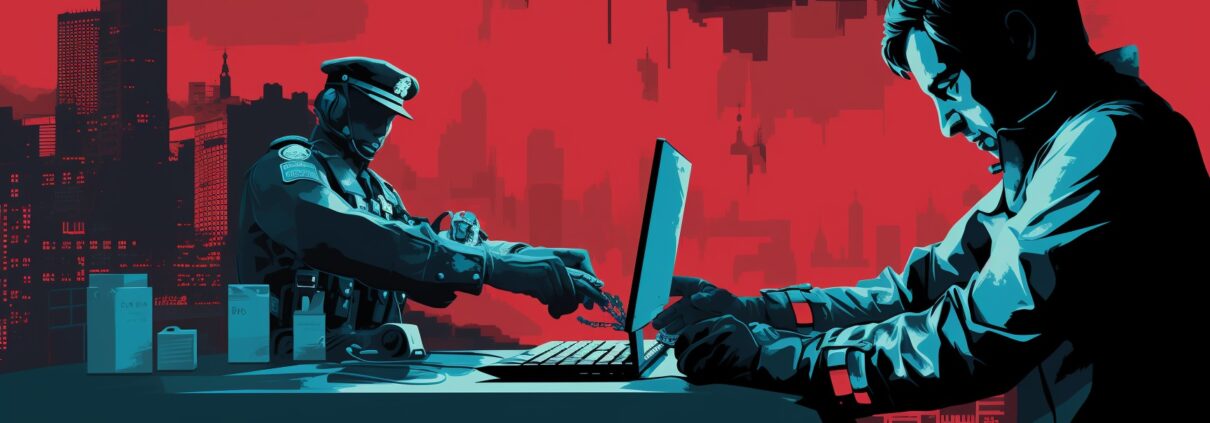Can You Get in Trouble for Disputing a Credit Card Charge?
Disputing a credit card charge can be a necessary step for consumers encountering unauthorized or incorrect transactions on their accounts.
While many people successfully resolve their issues through the dispute process, there’s often a lingering concern about potential repercussions. This article aims to explore whether you can face any trouble for disputing a credit card charge, shedding light on the legal protections in place, the procedures for filing a dispute, and the possible outcomes you might encounter.
What is a Chargeback?
A chargeback is a mechanism through which consumers can dispute a fraudulent or incorrect transaction on their credit card account. Ultimately, the goal is to seek to reverse the transaction and be reimbursed for the amount in question.
When a chargeback is initiated, the cardholder contacts their credit card issuer, providing details and evidence related to the disputed charge. The card issuer then investigates the claim, and if it determines that the dispute is valid, the transaction is overturned, returning the funds to the cardholder’s account.
This process serves as a safeguard for consumers against unauthorized charges, billing errors, and unsatisfactory goods or services. When used properly, it’s an important consumer protection mechanism.
Can the Chargeback Process be Misused?
Yes. A fraudulent chargeback occurs when a consumer falsely disputes a transaction to obtain a refund. Fraudulent chargebacks are considered a form of wire fraud and come with serious repercussions for consumers.
Misusing the chargeback process is often called “friendly fraud.” Even though the term can refer to unintentional disputes, it can also encompass both intentional and unintentional fraudulent actions.
If you ’ve ever made a dispute without proper justification, you may find yourself in trouble for misusing the chargeback process.
What Happens if I Deliberately Abuse the Chargeback Process?
It’s very unlikely that you’ll be imprisoned for disputing credit card charges. However, if you submit fraudulent chargebacks, you may face, financial penalties, lawsuits, and may even see criminal charges in extreme cases.
Submitting baseless chargebacks can lead to significant consequences. Repeat offenders risk having their credit card privileges revoked. This means that they would no longer be able to use credit cards and could face difficulty obtaining financing or loans in the future.
In serious cases, merchants and creditors are legally entitled to take you to civil court to try and recover financial damages. If the court finds against you, then you may be responsible for reimbursing the merchant or creditor for the cost of the transaction, plus any incurred costs and legal fees.
They may even opt to pursue criminal charges. If you’re found guilty of wire fraud due to chargeback abuse, you may face criminal penalties, such as fines and imprisonment.
What if I Accidentally Misuse the Chargeback Process?
The consequences we talked about above are scary. But, it’s not the end of the world if you filed a chargeback, then realized that it was not a valid claim.
If you have accidentally filed a chargeback, it’s crucial to act promptly to rectify the situation. Begin by contacting your credit card issuer to explain the mistake and request to withdraw the dispute. Provide any relevant information that supports your claim and be transparent about the error.
Additionally, it would be wise to notify the merchant involved and inform them of the situation. Clear communication can often resolve the issue amicably and avoid any potential legal or financial repercussions. Quick action and honesty are key to mitigating the impact of an accidental chargeback.



